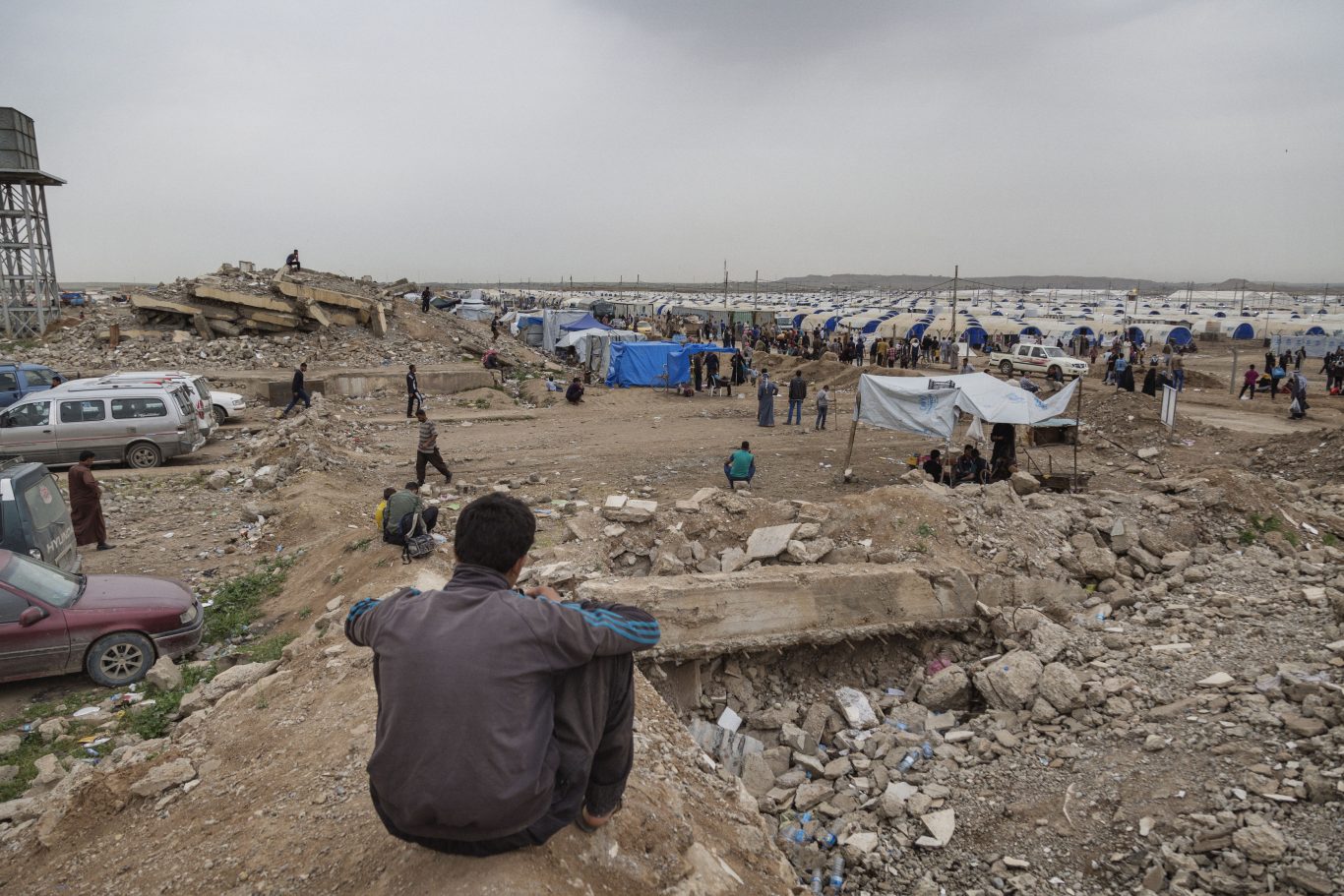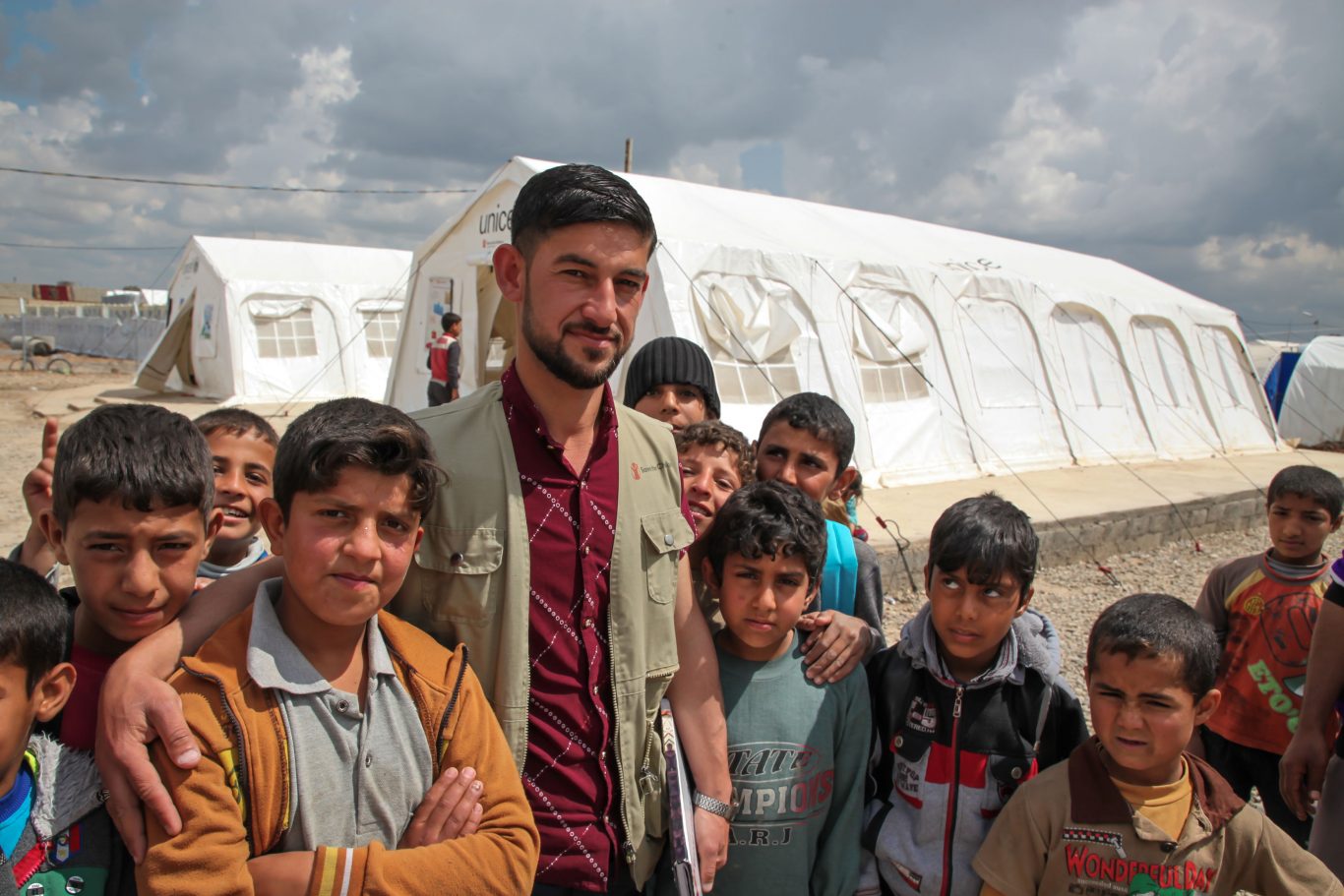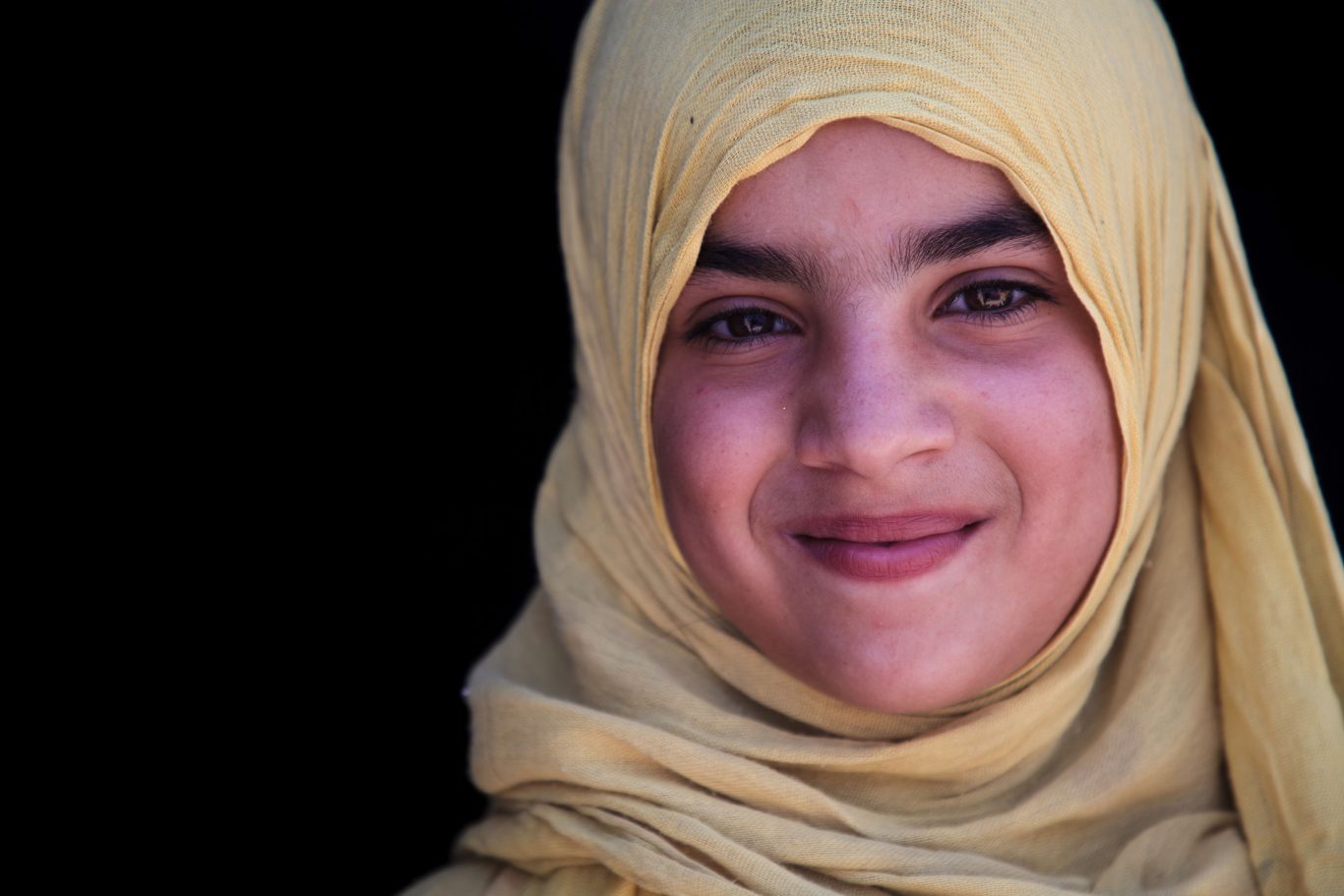Iraqi children showing signs of ‘toxic stress’ after fleeing war-torn Mosul
The charity said 90% of youngsters it spoke to had lost at least one family member to death, separation or abduction.

Iraqi children who survived the brutal fight to retake Mosul from Islamic State have been left psychologically damaged by the extremist regime’s rule and the battle to remove them, a charity has warned.
Save The Children said youngsters who have escaped alive from the northern Iraq city faced lifelong mental health damage unless there was an urgent increase in psychological support.
Hundreds of civilians, mostly women and children, have fled the street-by-street fighting in the city in recent days.
Save The Children said all the youngsters it spoke to in a displacement camp showed signs of “toxic stress”, where the mind is constantly in “fight or flight” mode, with some numbed and left “robotic”.

Dr Marcia Brophy, Save the Children’s senior mental health adviser for the Middle East, said: “What was striking was how introverted and withdrawn children have become. They rarely even smiled. It was as though they had lost the ability to be children.
“When we asked them what they liked about themselves, children often said things like ‘I’m quiet’, ‘I stay in a safe place’ or ‘I obey orders’.
“Their time under ISIS, and making a life-or-death escape, has taken a truly terrible toll. These children are not going to heal in weeks, or even months. They’ll need support for years to come.”
Reports from Mosul have said that women and children fleeing the city have been wounded by shrapnel from artillery fire and air strikes.

Save The Children said that 90% of youngsters it spoke to had lost at least one family member to death, separation or abduction.
Some said they saw relatives killed in front of them. Others spoke of losing family members to snipers, landmines or explosions as they fled.
The majority of the 65 children spoken to, including 78% of girls, said they had nightmares or were unable to sleep, with some night terrors so bad they were “haunted” by them during the day.
When they were asked to play a game where they placed things they did not want into a “magic bag”, the most frequently chosen things were “war”, weapons, “sadness” and ISIS.
A comparative study with British school children saw “creepy crawlies” and disliked foods chosen the most, the charity said.
One 11-year-old girl, using the name pseudonym Sara, told how her 14-year-old brother’s body lay outside their home for a day after he was murdered by an IS sniper for helping the Iraqi army.

The sniper shot at them when they tried to retrieve the body and it was only when the area was liberated that they could move it.
The girl, now living in the Hamam al Alil camp for displaced people, said that “when someone scares me, I freeze”.
She said: “When I get scared, my heart beats so strong, and feel like… I sweat like this, I just can’t stand it. I can’t even walk. When my brother died, I passed out. I felt my soul squeezed so hard. And I couldn’t sleep the whole night. I would see him in front of me, my brother, killed.”





